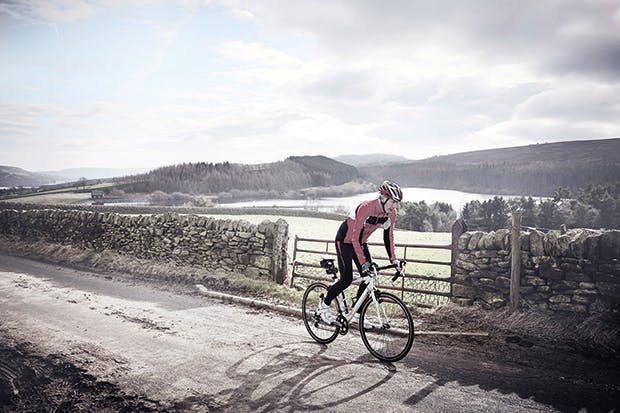Steeper was founded nearly 100 years ago to make and fit artificial arms and appliances for ex-servicemen. During two world wars it helped many civilian victims too, and it became the sole contractor to Her Majesty’s government for the supply of artificial arms. Over the years, investment in research and development led to pioneering improvements and vastly increased the range and quality of prostheses available to help the rehabilitation of severely injured people. Steeper has held on to its position as one of the leading upper-extremity prosthesis manufacturers in the world.
More recently, the ‘Bebionic’ range has been hailed as the world’s most lifelike bionic hand. It is sleek, elegant and cutting-edge in both design and technology, pushing the boundaries of multi-articulating myoelectric hands — myoelectric means they are controlled through the electrical signals naturally generated by human muscles. These hands are functional, comfortable and easy to use. Amputees around the world have learned how to use them intuitively and achieved degrees of precision which transform their world, from helping them perform simple tasks like tying shoelaces to giving them back control of their lives and restoring personal pride.
The Bebionic Small won the New Mechanical Product of the Year award at the British Engineering Excellence Awards last year in recognition of the years of development, investment and partnerships with clinicians and amputees which led to its development. Up against strong competition from a range of impressive mechanical products, the Small won the respected award thanks to its ‘impressive and elegant packaging of complex mechanical systems and electronic controls’.

The Bebionic range contains all the advanced features of more expensive products at a more competitive price. With a faster and more secure grasp and several unique design features, it is now in high global demand and is distributed in more than 40 countries. This makes a positive improvement to British exports as well as British engineering innovation.
Ever since Steeper began in 1921, its long-term aim has been to take the best technology and make it available as widely as possible. The company is constantly evolving and improving and to make sure it remains at the forefront of innovation it employs some of the world’s best designers, engineers and clinicians. Without their skills, experience and expertise, constant new developments and improvements would simply not be possible.
Steeper continues to attract and retain the best talent in the industry — people who care about making a real difference, and who give their all to find the best solution to a challenge. To secure the future of British innovation and build on its strengths and reputation, it is important to educate young men and especially young women about the benefits of working in the engineering sector.
Prosthetics development is likely to continue pushing at the boundaries and norms of a technology which is advancing at an extraordinary rate. There are still major challenges to overcome — from the creation of a sense of touch to delivering non-invasive feedback to the body, allowing signals to be both given and received. Our experts are ready for the challenge.
Technical director Ted Varley joined Steeper in 2009 and has led development of the award-winning Bebionic Small. He was nominated for Young Yorkshire Company Director of the Year and is a member of the External Advisory Board for the Leeds Mechatronics & Robotics Facility.






Comments